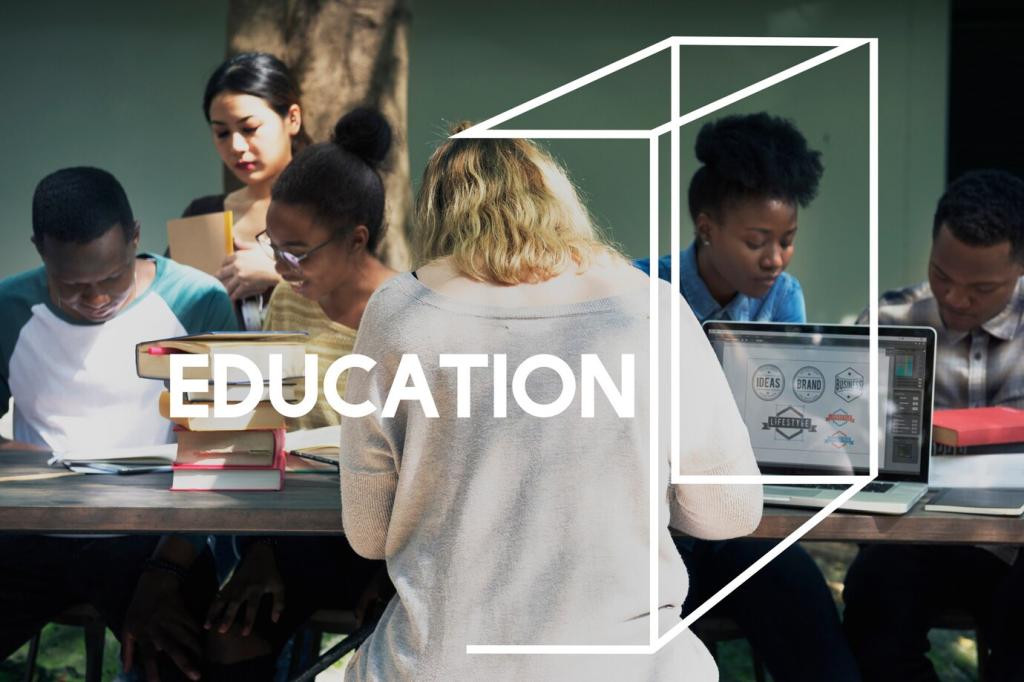Readers at the Center: Reader-Response and Reception
Some texts train readers to notice clues and fill gaps. Where do you lean forward, and where do you relax? Describe a detail that made you co-author the story, and invite others to share how their expectations reshaped the plot’s surprise.
Readers at the Center: Reader-Response and Reception
We read within groups—classrooms, book clubs, fandoms—that teach us what counts as evidence. Reflect on a community that shaped your taste, then post one norm you now question. Ask readers how their circles changed the way they annotate and argue.





